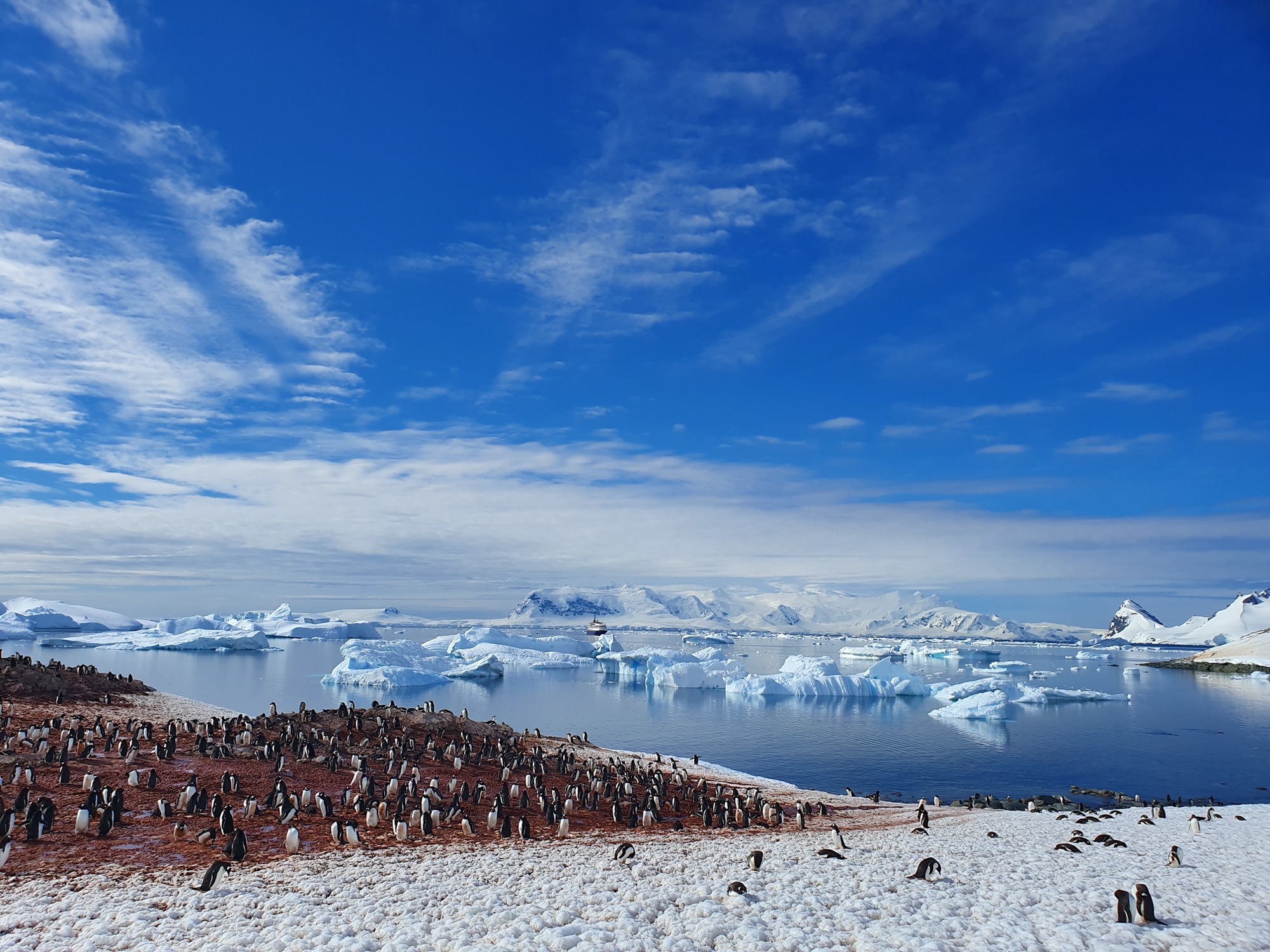Twelve months ago I started on a journey – a journey of leadership learning, growth and development. My journey ultimately took me all the way to Antarctica for a 21-day voyage, as part of the largest-ever all-women expedition to the continent. And now, as I reflect on the experience, I realise that my journey has only just begun. The changes I have made in thinking and practice are for a lifetime, and I hope to share them locally, nationally and globally.
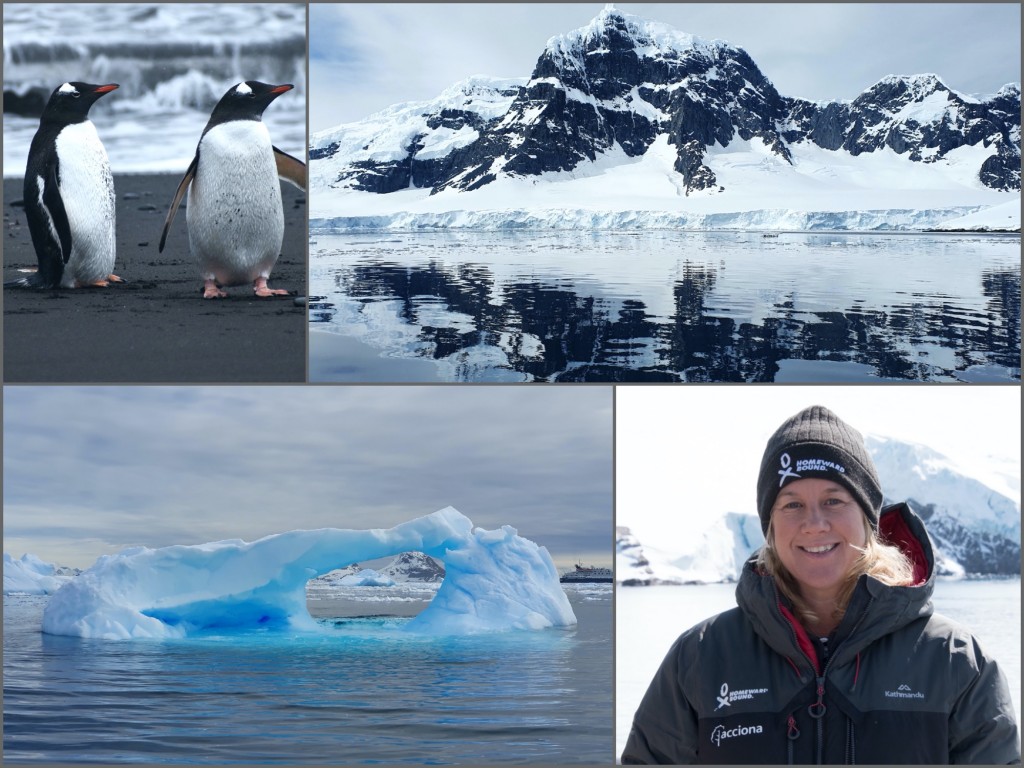
I was proud to be one of 100 women from across the globe to take part in Homeward Bound 4 (HB4), an Australia-based leadership initiative for women in the STEMM (science, technology, engineering, math and medical) fields.
I grew up in Africa, surrounded by nature, which has fuelled my desire to be a part of it and do what I can to help manage it for now and future generations. I am now a proud working mum of twin toddler boys, Felix and Jackson, and also the founder and Managing Director of MCC Environmental, a consultancy that provides advice on marine ecosystems, climate change and sustainability. I am passionate about helping build the capacity of individuals, communities and companies to help them contribute to the United Nations Sustainable Development Goals, most closely on goals 13 (Climate Action) and 14 (Life Below Water).
This was Homeward Bound’s fourth year, as it aims to bring 1000 women to Antarctica – and a related leadership journey – over a decade. The initiative consists of four pillars, focusing on leadership, strategy, visibility and collaboration, though the foundation of my experience was self-discovery.
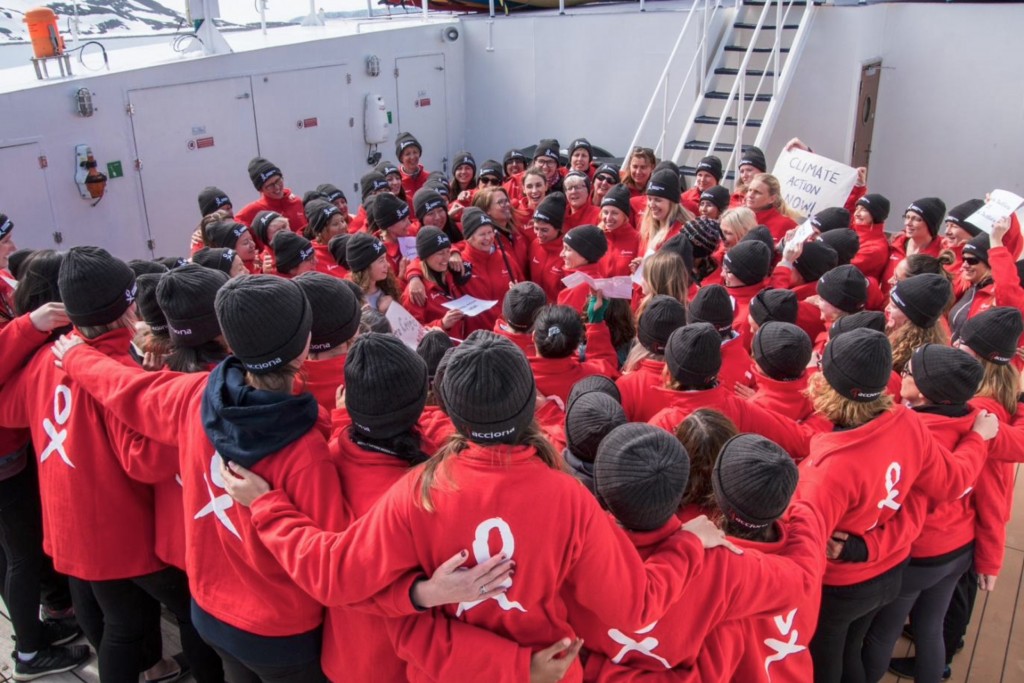
On the ship travelling along the Antarctic Peninsula, the other participants and I questioned our purpose in life: What will be our legacy when we depart, as individuals, as women, and as leaders? After understanding better about myself, my values and my drivers I was better placed to understand how I could make an impact and contribute to a sustainable future.
The program involved a lot of time learning about and discussing a new leadership style – a style that includes trust, empathy, inclusion and a legacy mindset – with the belief that this is the solution to a sustainable future for individuals and the whole planet.
I now personally feel better-equipped with skills for new ways of leading based on authenticity, vulnerability, courage and collaborations.
I also now have a network of over 100 incredible women to collaborate with, all who work in STEMM but spread across 23 countries. All share my commitment to lead for a more sustainable future.
Together we explored how to navigate through difficult conversations, and encourage solution-focused interactions that allow others to grow. We learnt how to build strong and productive collaborations with people with diverse sets of skills and intrinsic qualities.
As a consultant who works at the interface of science, policy and management, often in cross-sectoral and multicultural organisations, these skills will help me in my role to build strategic and collaborative working relationships within and between diverse organisations.
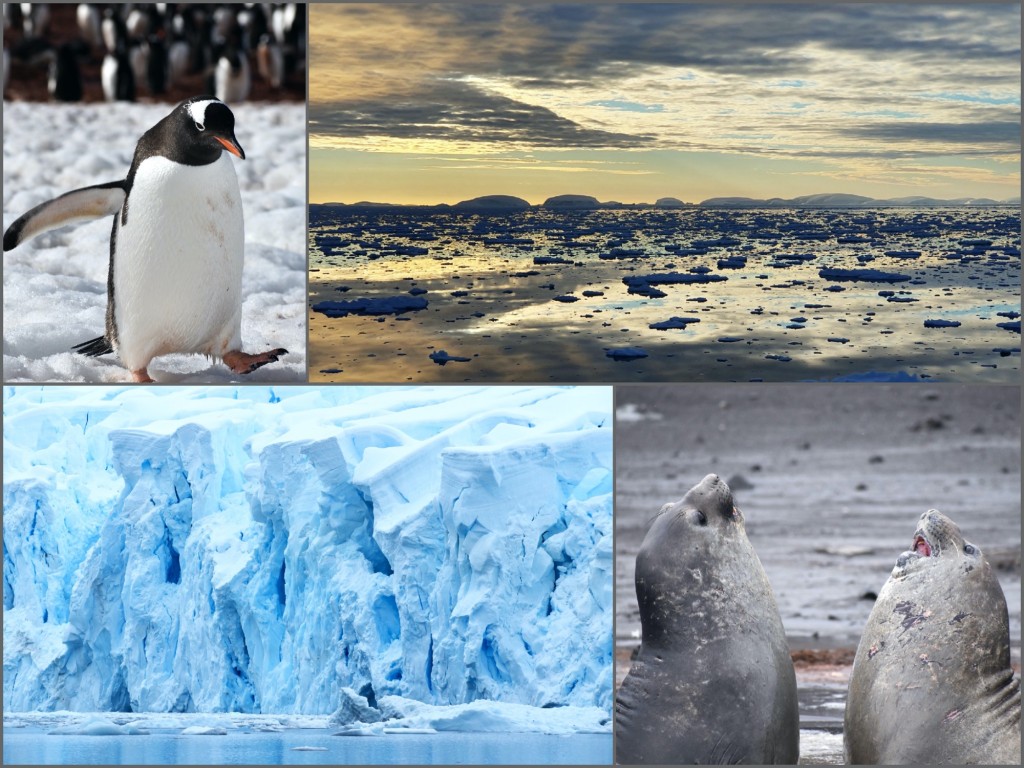
Many people ask – Why Antarctica?
The answer is that going to Antarctica removed us completely out of our comfort zones as well as separating us from our busy lives. In the grandness and remoteness of Antarctica, we learnt to connect to ourselves, others and Mother Nature. It is also one place on earth dedicated to peace, science and collaboration.
I believe Antarctica is the most magical place on earth. Its vastness is overwhelming. It is one of the last (relatively) pristine ecosystems on earth, yet it is also one of the most fragile. The Antarctic Peninsula is experiencing the second-highest climate change-induced temperature rise, which is already having visible impacts on the rich biodiversity, including loss of habitat and food sources for many species such as the penguins, seals and whales we saw on the trip.
In Antarctica I was saddened to watch giant glaciers, hundreds of thousands of years old, carve off into the sea below with a thundering crash. I was reminded how connected the oceans are. Sea level rise, a result of melting glaciers here, will also impact the communities, businesses, ecosystems and threatened species I work within Australia and in the South Pacific.
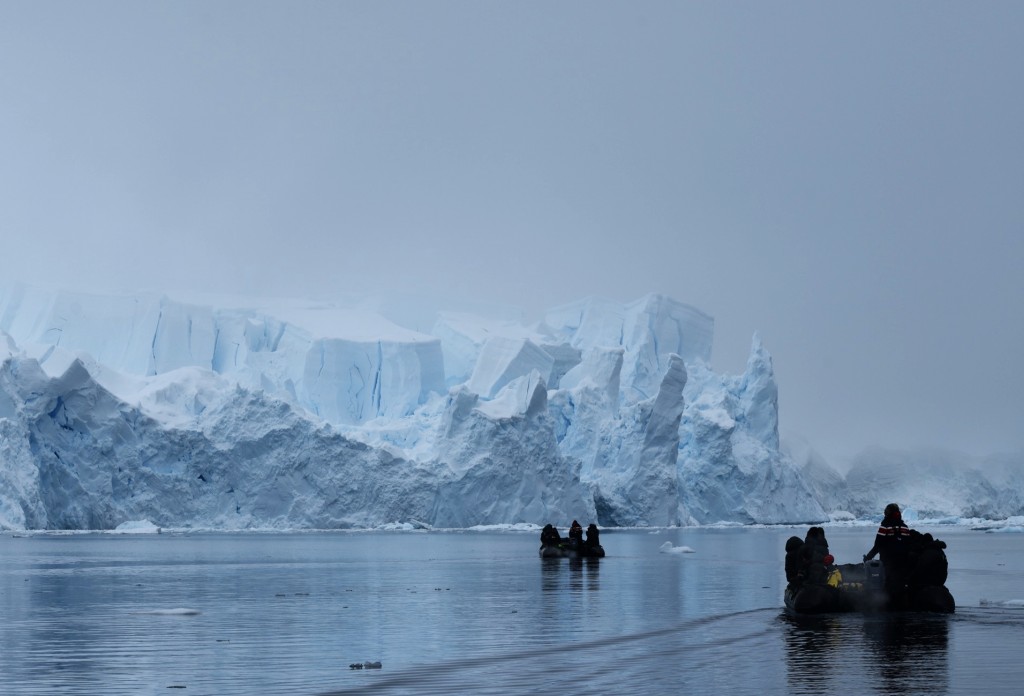
One of the most memorable moments for me was watching and listening to a floating iceberg ‘breath’. It perfectly illustrated the analogy that Antarctica is the lungs of the oceans. As Antarctica holds more than 60 per cent of the world’s fresh water, it regulates the ocean and weather patterns worldwide.
In Antarctica, I felt connected to Mother Nature at her finest. The species and oceans know no boundaries, and we must work together at a global level to reduce the impact we are having across the world. Humans are irrelevant in the Antarctic ecosystem, yet we are having the most significant impact.
I believe we are all responsible to find solutions for a more sustainable future. I now consider myself an Ambassador of Antarctica, and I am working with my Homeward Bound colleagues to promote a new Marine Protected Area on the Antarctic Peninsula. My commitment to protect the broader environment and address climate change is stronger than ever before. I believe this will be achieved through courageous leadership decisions and actions that are collaborative and have a legacy mindset.
I would like to thank Gayle and Malcolm and the Global Leadership Foundation for their support on this life-changing journey. I would love to continue to share my learning and experience and would be happy to share my experience with you through a presentation to your organisation, community group or school.
Gillian Starling, gillian@mccenvironmental.org

